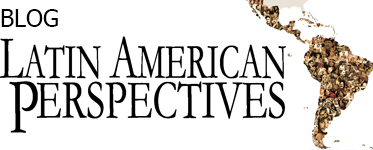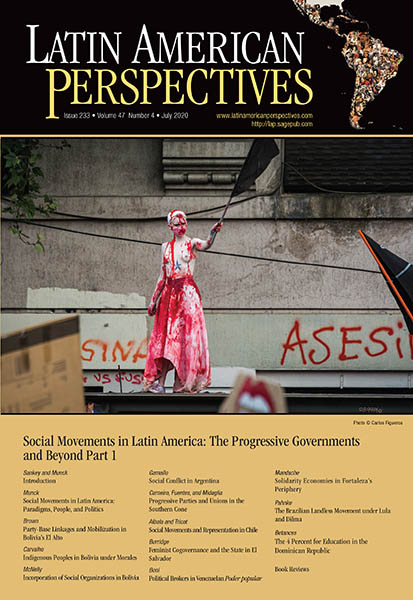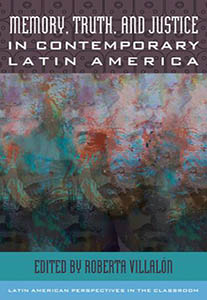Political Report #1447 How will Venezuela’s High Court Affect the Election?
Political Report #1447 How will Venezuela's High Court Affect the Election? comments by Steve Ellner and Marc Becker, LAP Editors featured Q&A | July 10, 2020 published at Latin America Advisor Venezuela's Supreme Court earlier this month seated a new electoral commission after ruling that the opposition-controlled National Assembly did not appoint rectors to the country's electoral authority in time. How will the Supreme Court's actions affect the scheduling of the election and its outcome? Is Juan Guaidó, who has international recognition as Venezuela's legitimate president, likely to lose his position this year as National Assembly president? How would such a loss for Guaidó affect his standing within Venezuela's opposition and on the world stage? Venezuela Supreme Tribunal of Justice Delivers Juan Guaidó Another Blow Latin America Advisor published by the Inter-American Dialogue June 23, 2020 by Steve Ellner The decision of the Supreme Tribunal of Justice to name all five members of the National Electoral Commission opens the door for the holding of elections for the National Assembly (AN) in December. Juan Guaidó will undoubtedly be replaced as the AN's president, thus undermining the legitimacy of Washington's strategy to achieve regime change in Venezuela. In one sense, the [...]




